NECESSITY IS THE MOTHER OF INVENTION
With the reopening of international borders and the return of tourism, Queenstown Lakes could soon return to the days of 20-to-a-house, hot bedding and people living in cold campervans on driveways in the dead of winter.
The district had a massive worker accommodation problem pre-Covid. So, when Carmen Blackler was looking for a research project for her Masters in Technological Futures at the Auckland’s Tech Futures Lab in 2018 /19, it seemed like a interesting problem to try to solve.
“It’s an applied Masters, where you look at emerging disruptive technologies and see how they can be applied to potentially solve social issues, business issues, or disrupt sectors.”
Blackler had spent 20+ years of her career working in the energy sector, launching her own consultancy business in 2009, and initially signed up for the Masters with the idea she could help her clients to take advantage of tech solutions.
But living in Wanaka and seeing the stresses around accommodation for workers, she realised it would be a good topic to tackle for the project.
Then, when she’d obtained her Masters and consultancy work dried up in the pandemic, her thoughts returned to the research, frustrations she heard first-hand from both workers and businesses, and that no-one had found a solution.
“So, I decided to give it a go. That was May 2020. That’s where I actually met up with Startup Queenstown Lakes.” Blackler went through both SQL’s programmes - Kick Start, which turns ideas into businesses plans, and Lift Off!, which helps founders launch and scale up.
The Workforce Accommodation Network - e WAN - was born. e WAN is a community accommodation marketplace connecting seasonal workers and those temporarily in town with a ordable, safe and secure accommodation options.
Businesses and workers register with the platform, create a pro le, and e WAN then connects them with residents who’ve listed a spare room, unit or sleepout. Pre-Covid, with the pressures of Airbnb on the rental market, NZSki and other businesses had actually tried a similar system, encouraging locals to house their seasonal workers.
“Th WAN is effectively just leveraging things that have been done in the past, but trying to do it in a systematic way, in a coordinated way. “Instead of each individual business doing it, you have a centralised system.” The WAN organises an introduction between the worker and the accommodator and if it works out, it charges the accommodator the lesser of one week’s rent or 5% of the total rental.
“For the ski season, for example, that would be one week’s rent because generally, that’s between 12-16 weeks, but if someone such as a tradesman is coming into the region for four weeks, then we just charge the 5%.” About two dozen businesses have signed up so far, including RealNZ’s ski elds Cardrona Alpine Resort and Treble Cone, and some other big hitters.
“But there are smaller businesses too, who maybe have one or two people coming into the area for a project that have needed assistance finding accommodation.” Blackler’s now preparing for an influx over winter and hoping to get more accommodators on the books. “We had some success last year, albeit small, across winter and also in the summer with the Cromwell orchards, helping to house horticultural workers for them.
“But we’re expecting a bigger uptake now, with more visitors expected than the past two years. And ski workers like to get organised early.” The closed borders have provided the business with something of a soft opening, a chance to get organised and systems in place before the numbers return. “I’d like things to be moving quicker, of course, now we’re there,” Blackler says.
“Startup Queenstown Lakes has been great because it helped me change my thinking from effectively a research project to ‘what would I need to do if I actually did this in earnest and tried to make it work’ and then how to set about doing it.
“Now it’s about moving on, building, taking on start and improving the tech.” That will require investment, which is something SQL can also help with, as it builds its network of angel investors. “They have a very good system and are good at connecting us to the different people we need at different parts of our journey.
The ultimate goal is to become national. “But we’re building slowly, getting things ironed out and working efficiently here in this district, because we know we need it here, and then looking further afield. “In Queenstown Lakes District, where 30% of the housing stock is not occupied full year-round, and we’ve got people sleeping in cars in the middle of winter, it seems like a no brainer that the two could be matched.”
Blackler recognises that many properties will again hit the short-stay market, through Airbnb and the like. “From a commercial perspective, yes, they could Airbnb and make more money. But it’s about more than that for me. We need to find a way to accommodate workers and make them feel welcome, part of the community. “Without the workers, the businesses don’t survive.
Story created in partnership QT Business Magazine & written by Paul Taylor.


